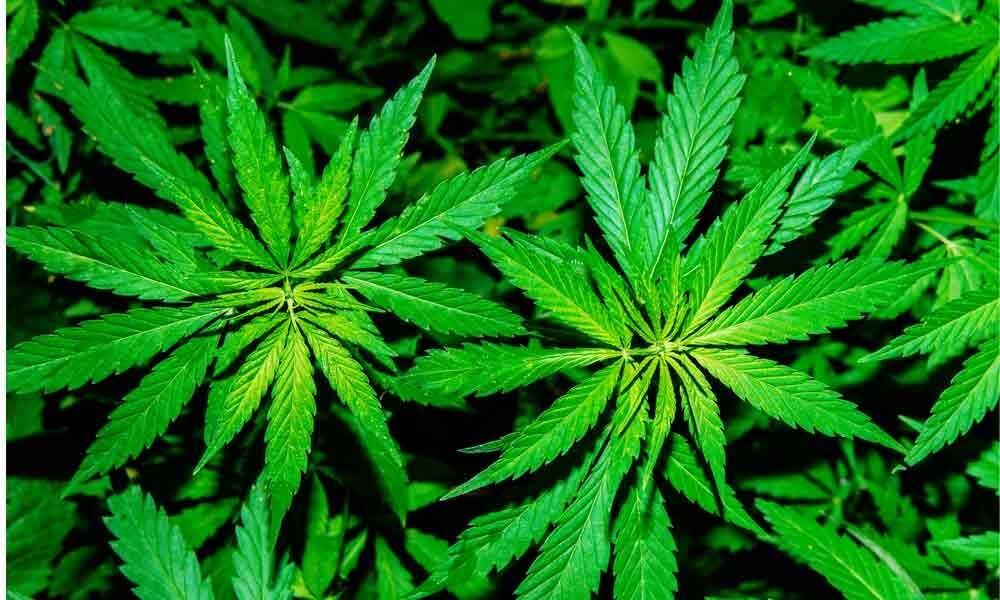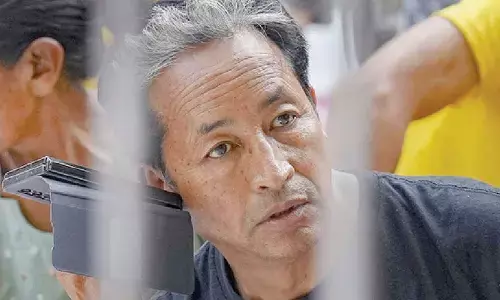The Miracle CANNABIS replaces OTC Painkillers

A recent study found that 80% of medical cannabis users replace it with prescription pain medicines such as opioids.
A recent study found that 80% of medical cannabis users replace it with prescription pain medicines such as opioids.
Of these, 88% reported that cannabis had greatly or a little helped their pain. In 11 states and Washington, D.C., marijuana is currently legal and decriminalized in 15 other states. Hawaii has become the fifteenth U.S. state to decriminalize marijuana this month.
A further 11 states and Washington, D.C. Marijuana has already been legalized. Of course, there are advocates and opponents of legalizing and decriminalizing cannabis. But these legal shifts have provided them with an alternative way to manage their pain for many people with chronic pain, with some people using cannabis instead of prescription drugs like opioids.
The new law of Hawaii allows people to possess up to 3 grams of cannabis without the risk of imprisonment, although $130 can still be fined. However, repeating offenses and holding larger amounts can still lead to more severe sentences.
Substituting cannabis for opioids:
According to the Centers for Disease Control and Prevention, an estimated 20.4% of U.S. adults Trusted Source have chronic pain and 8% have chronic pain severe enough to frequently limit life or work activities. Research is increasingly showing that many people with chronic pain turn to cannabis for relief.
A study published earlier this month in The Journal of Pain found that approximately 80% of 1,321 medical cannabis users reported replacing it with prescription pain medications — opioids or benzodiazepines like Xanax or Valium.
The main reasons they gave for cannabis use were that it had fewer side effects and helped them to better manage their pain.
In fact, 88 percent of people replacing cannabis reported a lot or a little improvement in their pain. While most research in this area is focused on medical cannabis users, Michelle St. Pierre, a Ph.D. student in clinical psychology at the University of British Columbia said some people who get recreational marijuana at adult dispensaries may also use it for pain and other health issues.
"We shouldn't assume that just using cannabis for fun is someone who has no medical authorization," she said. "Many of these people treat conditions and improve their quality of life.
Is cannabis pain helping?
St. Pierre said it is difficult to make blanket statements about the effects of cannabis on pain because pain is a subjective experience and influenced by our psychology. "Broadly, however, cannabis is helping to reduce pain," she said. "It can also lead to some mood improvements and it can help with sleep." Overall, many studies show that cannabis affects chronic pain moderately.
In a 2018 review, 104 previous studies examining the use of cannabis and cannabinoids for chronic non-cancer pain were combined and analyzed by a group of Australian researchers. Cannabinoids are cannabis compounds, more than 100 of which are different. THC, the compound that makes people "high," and the non-psychoactive cannabidiol (CBD) are the most medically useful. The review authors found that 29% of people taking a cannabinoid had a 30% reduction in their pain.
But that's how 25.9 percent of people took a placebo inactive compound. Cannabinoids seem unlikely to be "highly effective" for chronic non-cancer pain, writes the authors. Cannabis may not work for everybody, of course. And it cannot be tolerated by everyone.
The benefits must also be weighed against the risks by people. The side effects trusted cannabis use source includes lung disease (when smoked), cardiovascular disease, injuries during high work or driving, and long-term brain effects.
It can also be addictive to marijuana. Cannabis may not work for acute pain such as sunburnTrusted Source or post-surgery despite its modest advantages for chronic pain. It may even aggravate the pain of a person. "What we see is that cannabis increases their sensitivity to acute pain for some people," St. Pierre said. Researchers are beginning to work out exactly how cannabis relieves chronic pain. The effect of THC on a type of nerve pain that includes sciatica was examined by a group from Israel last year. 15 men with chronic nerve pain were involved in the study.
They found that THC can alleviate pain by disrupting the flow of signals between brain areas that process emotions and sensory signals. This is in keeping with what St. Pierre called the "subjective" pain experience, which includes an emotional component. "Our psychology really influences pain," she said. "With the same injury, you can have two people, but they have very different experiences. CBD can act differently in the brain. Canadian researchers found that CBD binds to receptors in the brain involved in anxiety and pain in a study Trusted Source published last year.
These are both common chronic pain symptoms. The rats had lower levels of pain and anxiety when they gave rats CBD for seven days. More research is needed to know whether CBD works in humans the same way. In contrast, pain medicines such as oxycodone, hydrocodone, codeine, and morphine block pain messages sent to the brain from the body by attaching to the entire body's opioid receptors.
Although opioids are pain relievers that are effective, they can also be highly addictive. Some doctors have concerns with cannabis about people self-treating their cannabis pain obtained from dispensaries for recreational users. "They are mainly distributing this very high-THC cannabis or edible strains," Dr. Daniel Clauw, director of the University of Michigan Chronic Pain and Fatigue Research Center, said in a forum last year on cannabis health effects. "These are not the strains people should use for most of the medicinal effects of marijuana, particularly the pain-relieving or analgesic effects."




